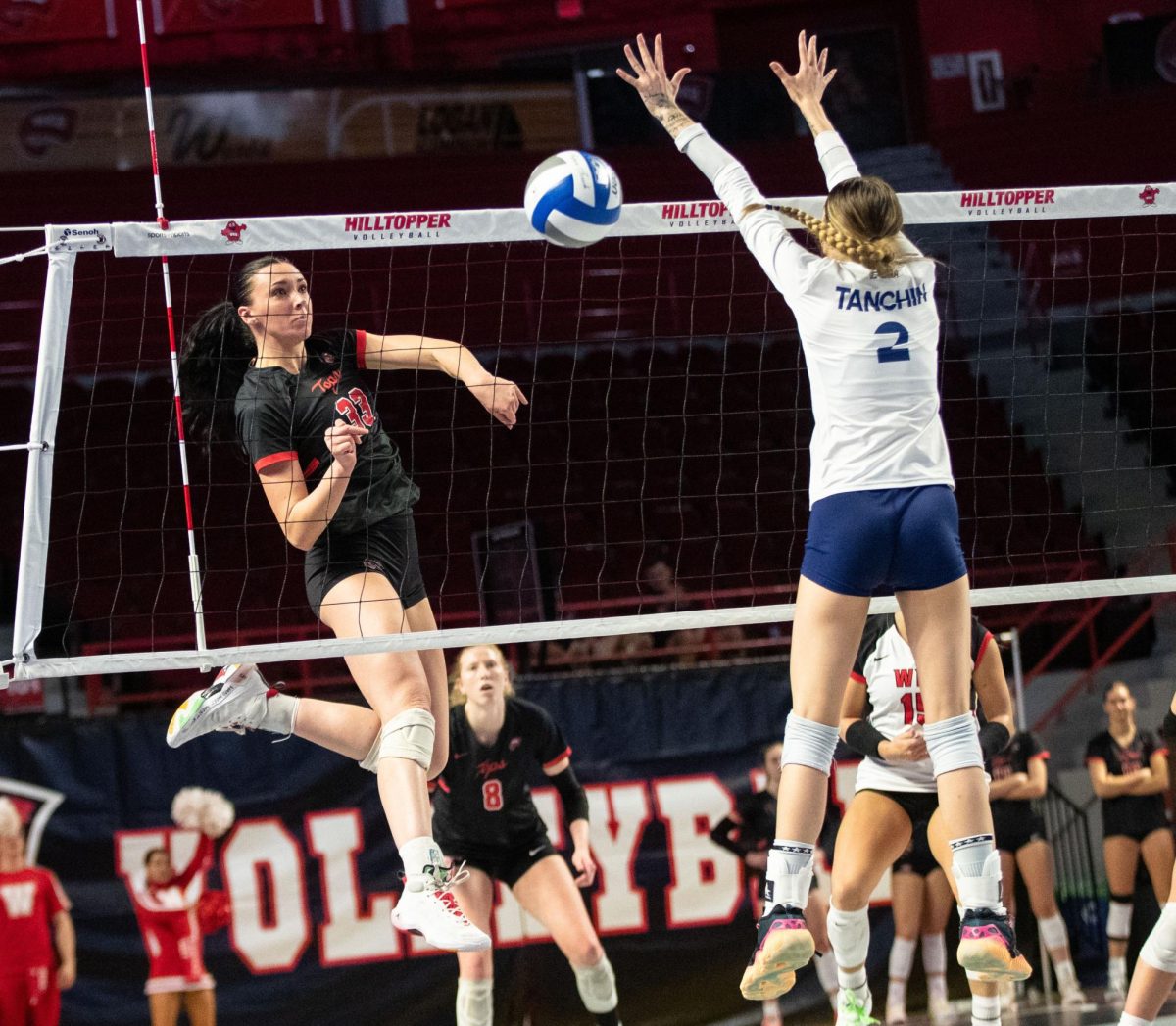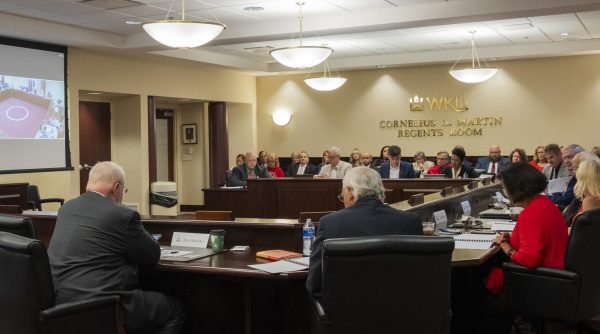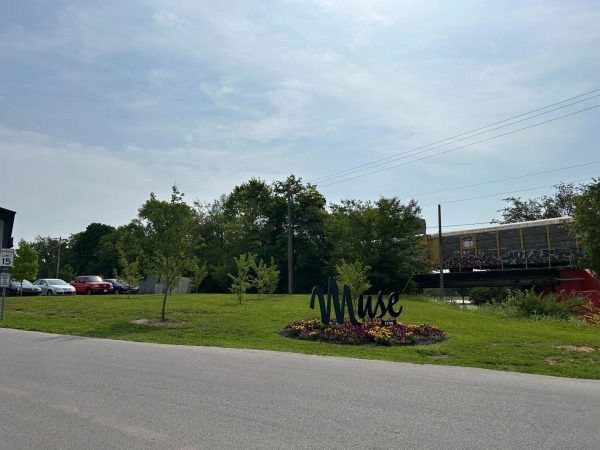Conference examines Kentucky’s higher education
September 16, 2011
Halfway through a 20-year plan that hopes to see more Kentuckians earn college degrees, officials are seeing promising results at WKU and campuses across the commonwealth.
At a news conference about post-secondary education improvement on Sept. 6, a new report was announced that indicated higher education in Kentucky has vastly improved, but there’s still more room for further advancements.
Doug McElroy, associate vice-president of Enrichment and Effectiveness, said WKU has contributed a great deal to the improved state numbers. He feels WKU has been successful in all categories listed.
“Kentucky has made great strides,” McElroy said. “I think the data makes that clear. I also think WKU has played a major role in that. I think we’ve done more than our share.”
Highlights in the report include Kentucky’s college attainment rate for associate degrees and higher education among adults 25 to 64 has improved from 24.5 to 30.5 percent — the largest change in the nation. The six-year graduation rates at four-year institutions improved 9 percentage points, moving Kentucky from 44th to 35th in the nation and the percentage of college degree-holders among younger adults has improved to 33.7 percent.
In order for Kentucky to improve its economy and quality of life, increased college attainment must be a priority, according to the report.
Robbin Taylor, vice-president for Public Affairs, said WKU has made its own gains and advances.
She stated that WKU’s graduation rate has increased from 41.7 to 48.5 percent throughout the past decade and has awarded more than 23,000 degrees in that time, falling just behind the University of Kentucky and Murray State.
“We have increased our production of (science, technology, engineering and math) degrees. So we are focused on the things the reports says we should be focused on,” Taylor said. “We just have to get better.”
McElroy said that improving graduation areas will lead to other advancements.
“One of our major priorities is increasing graduation for all students whether that be retention or timely graduation,” he said. “Focusing on that will help impact other gaps.”
Despite the achievements, the report pointed out several areas that still needed to be improved.
One such area is the gap between white students and minorities with degrees. According to the report, the gap is now more than 10 percentage points wide. There is also a 6.9 percent gap between college attainment in Kentucky and the rest of the United States.
President Gary Ransdell said he believes WKU’s Campus Diversity Plan, currently in its finals stages of approval, will decrease the achievement gap between white students and minorities. He also said that even without a set diversity plan, WKU has faired well over the past decade in minority performance.
“Even though our diversity plan is just now being rolled out, our performance over the last half-dozen years and the recruitment of minority students have been impressive,” he said. “We’re going to pursue and embrace all populations on our campus aggressively.”

























